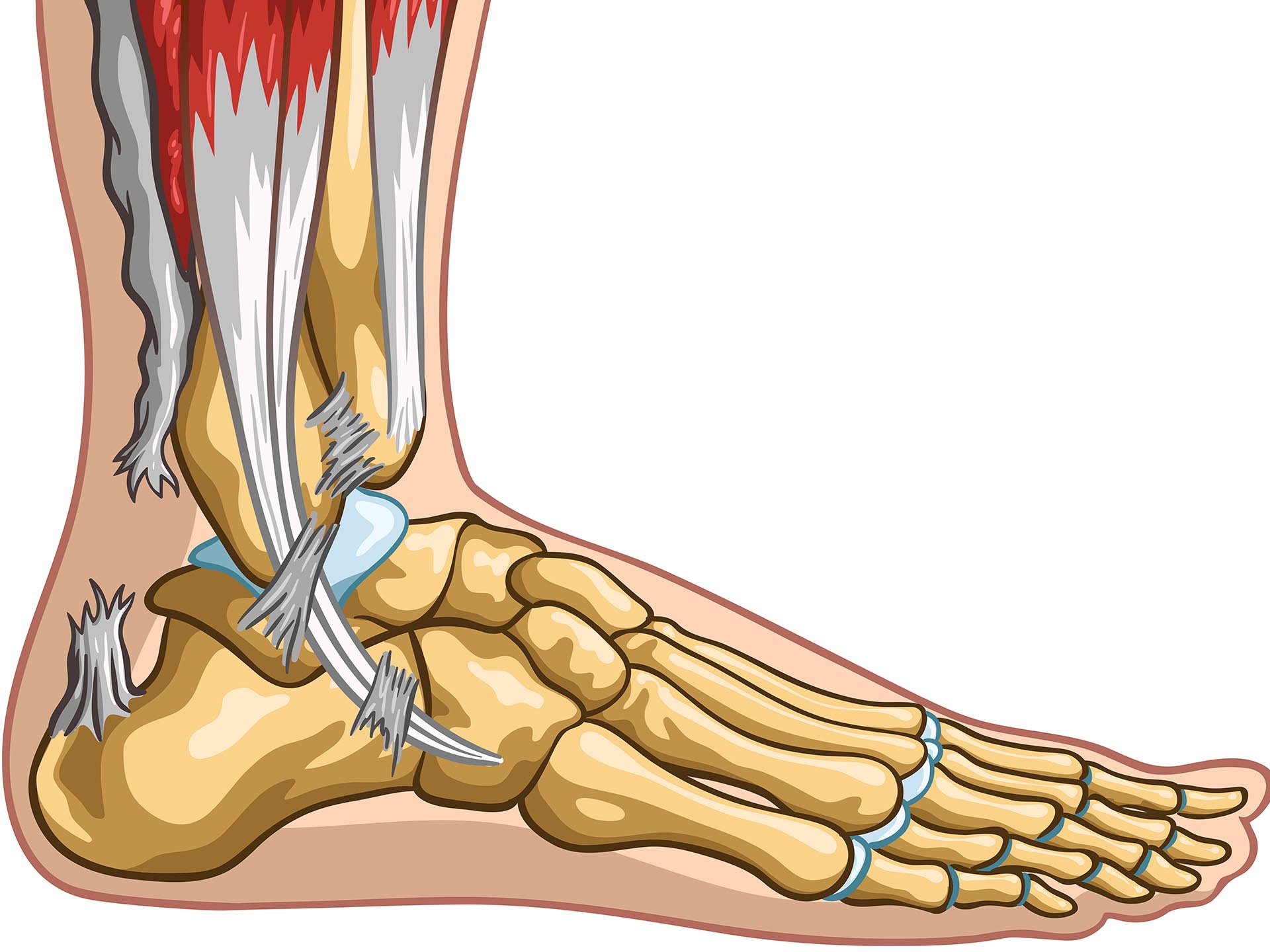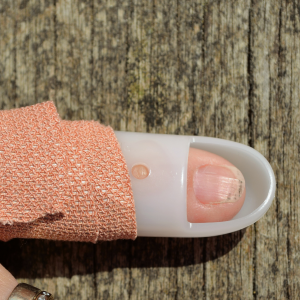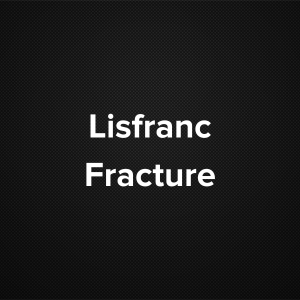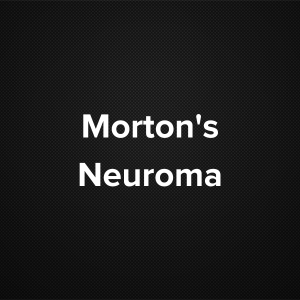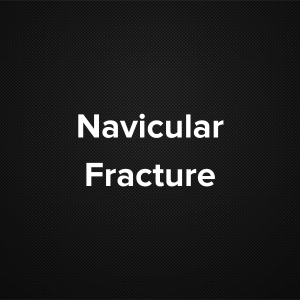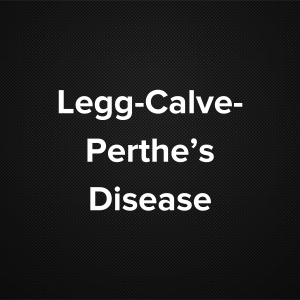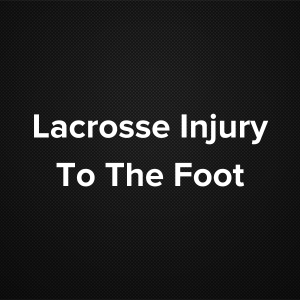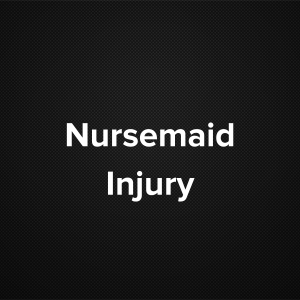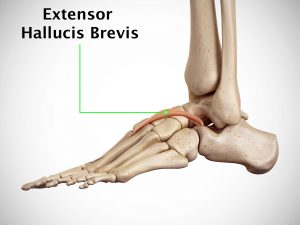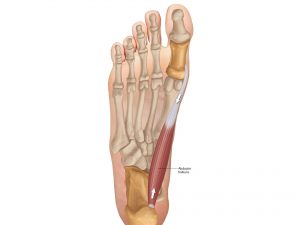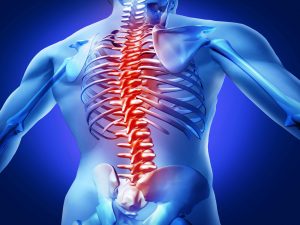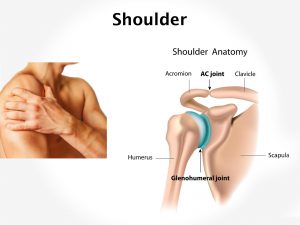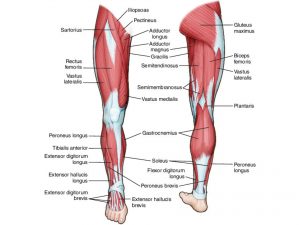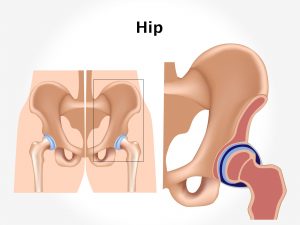Causative & risk factors
Excessive stress on the Achilles tendon can lead to its rupture. It most commonly occurs in people who play recreational sports. Overuse and not doing enough warm-up before exercise are commonly responsible factors. Injury due to fall from a height can also result in Achilles tendon rupture. Being flat-footed (pes planus) or wearing high heels frequently can put excessive strain on the Achilles tendon thus making it more prone to rupture.
Getting intra-joint steroid injections and consumption of certain types of antibiotics can also lead to rupture of the Achilles tendon.
Clinical presentation
A snapping sound is produced as soon as the injury occurs. The patient experiences severe pain and swelling near the heel. He may find it difficult to bend the foot downwards or point his toes. The patient may also be unable to climb stairs, run or stand on toes.
Investigations
To diagnose Achilles tendon rupture, your doctor will perform a physical examination of the ankle area and check for ankle reflex. In order to know the extent of the rupture, the doctor may order an MRI scan of the affected side.
Treatment
The treatment plan for rupture of the Achilles tendon includes both surgical and non-surgical options. Your doctor will select the most appropriate mode of treatment depending upon your age, gender and level of physical activity.
Non- surgical treatment is available till the time surgery is delayed. It involves the use of casts or braces for several weeks to facilitate the healing of the Achilles tendon. Eventually surgery must be performed. Specialized footwear is recommended in order to keep the heel elevated while walking.
Surgery involves stitching of the Achilles tendon and reinforcing it with other tendons if necessary, to increase the strength of the repaired tendon.
Physical therapy is recommended to all patients in order the regain the normal range of movement of the Achilles tendon.
Recent updates
A recent study has shown that individuals with certain genetic variations are at a higher risk of developing Achilles tendon injuries compared to other people.
